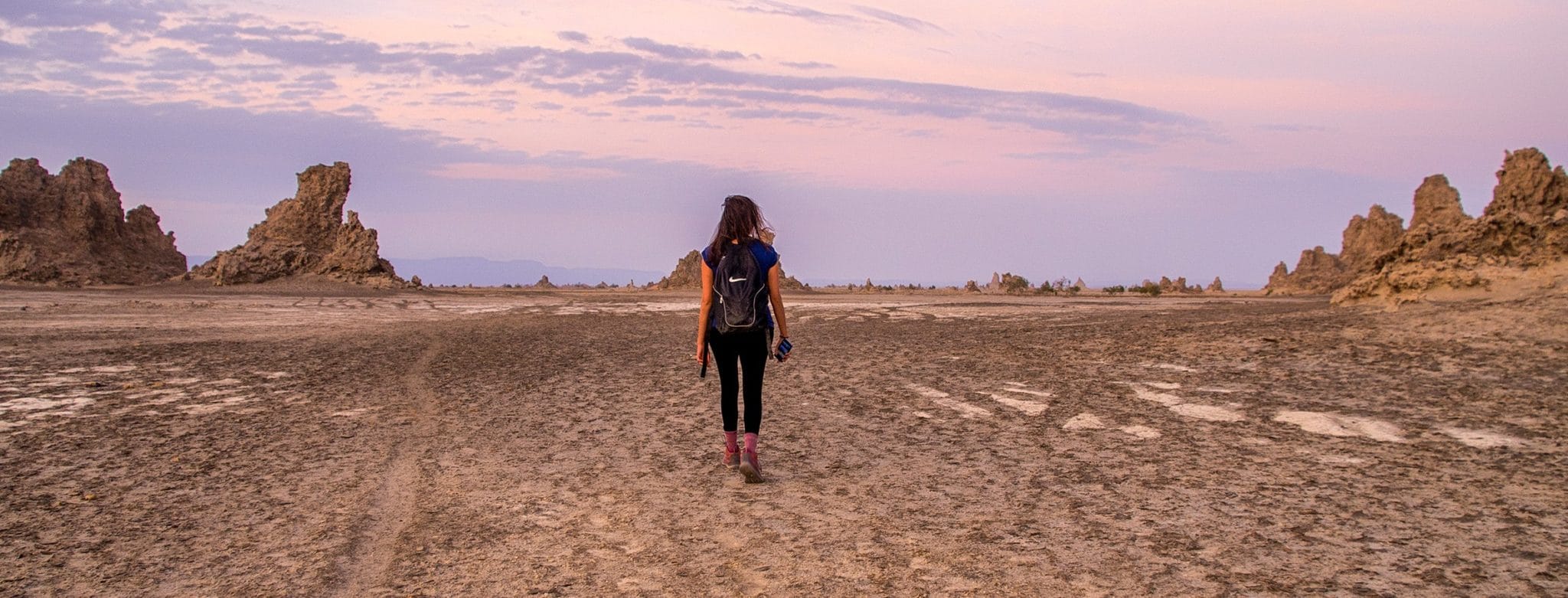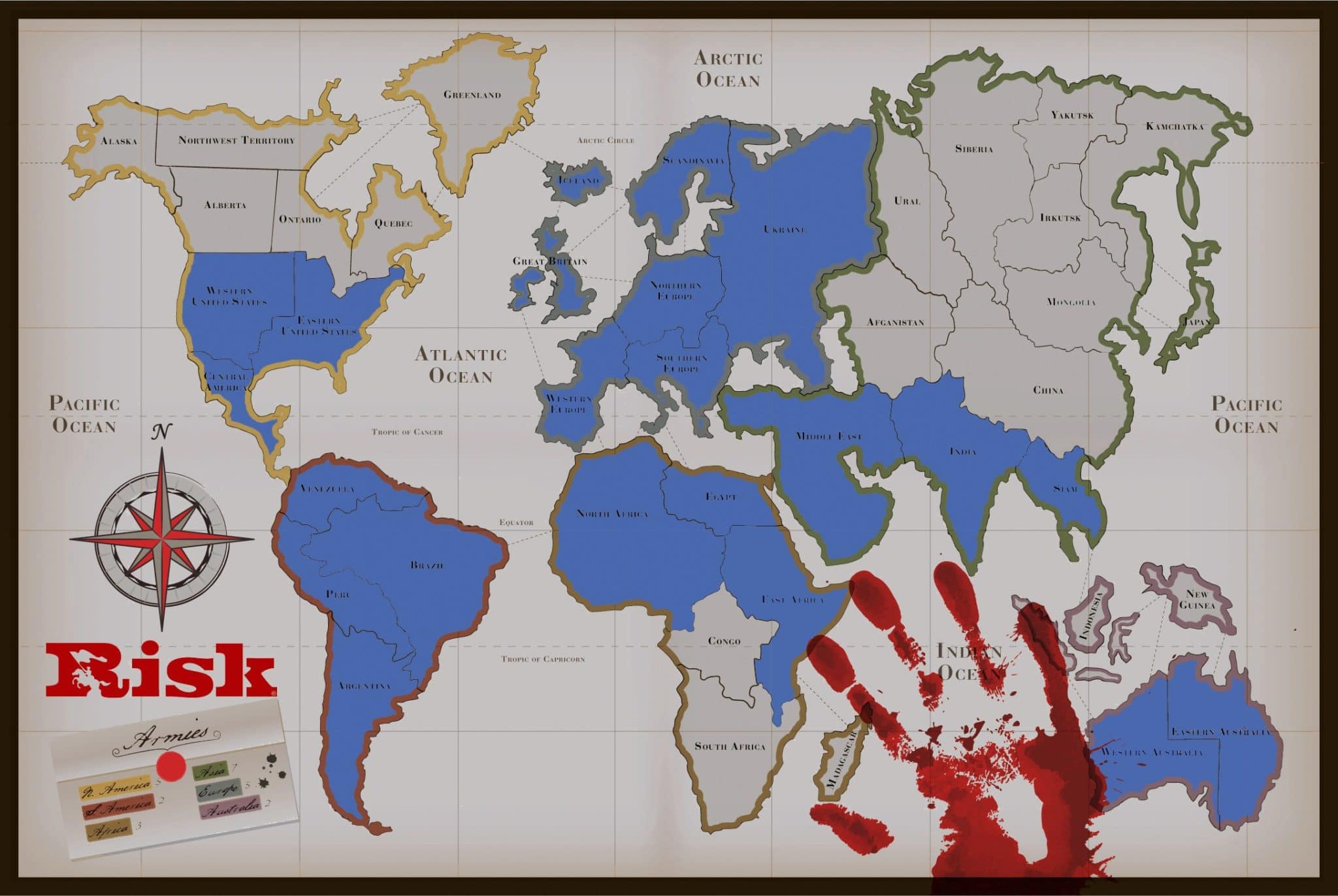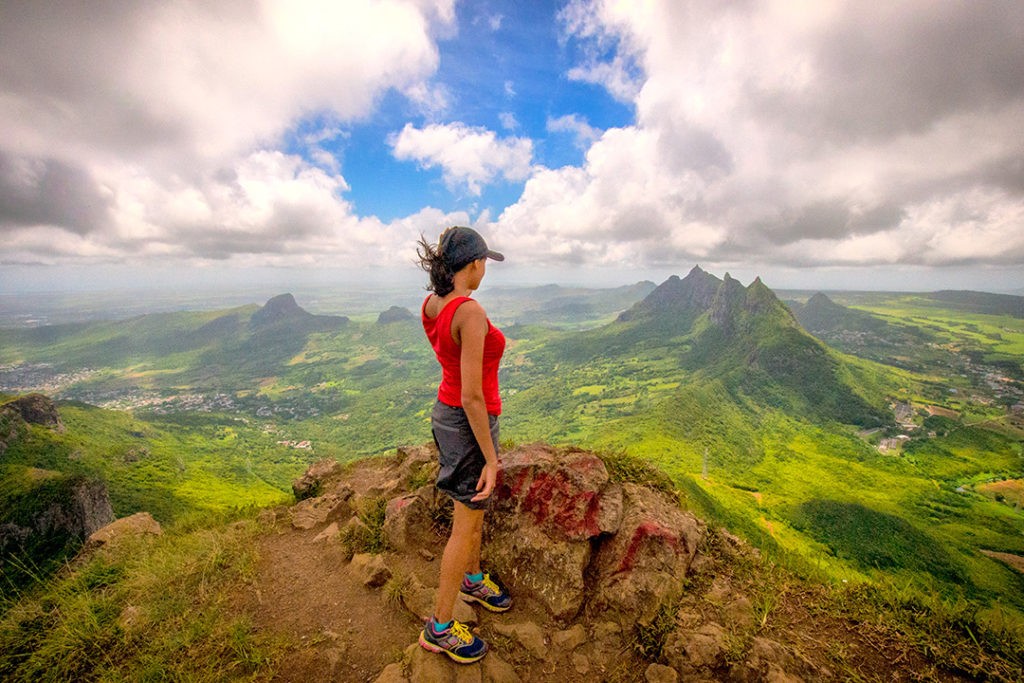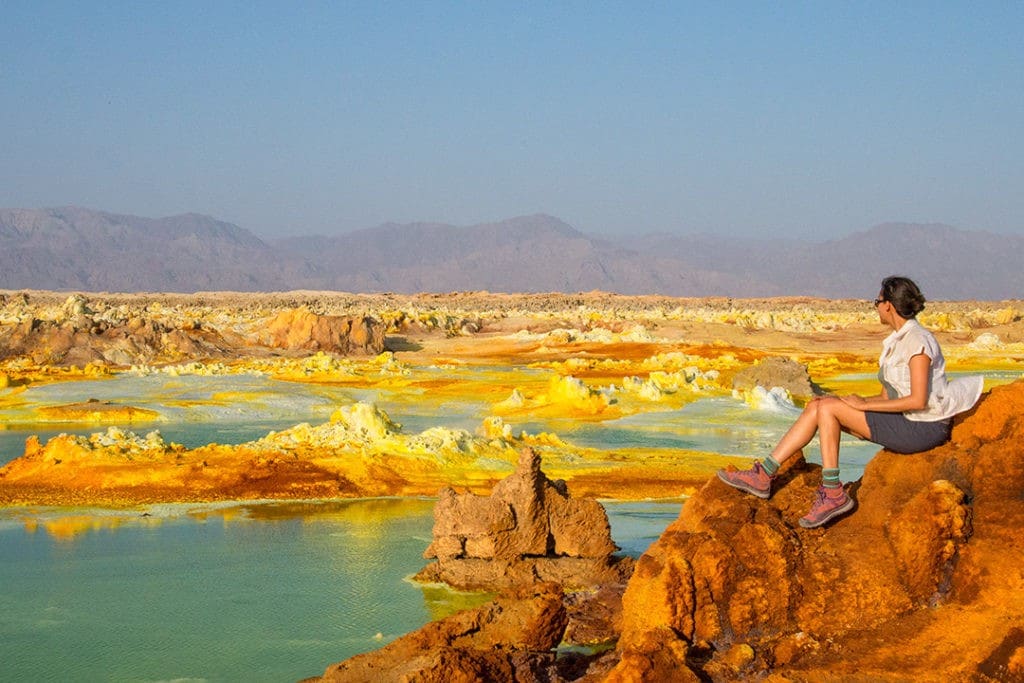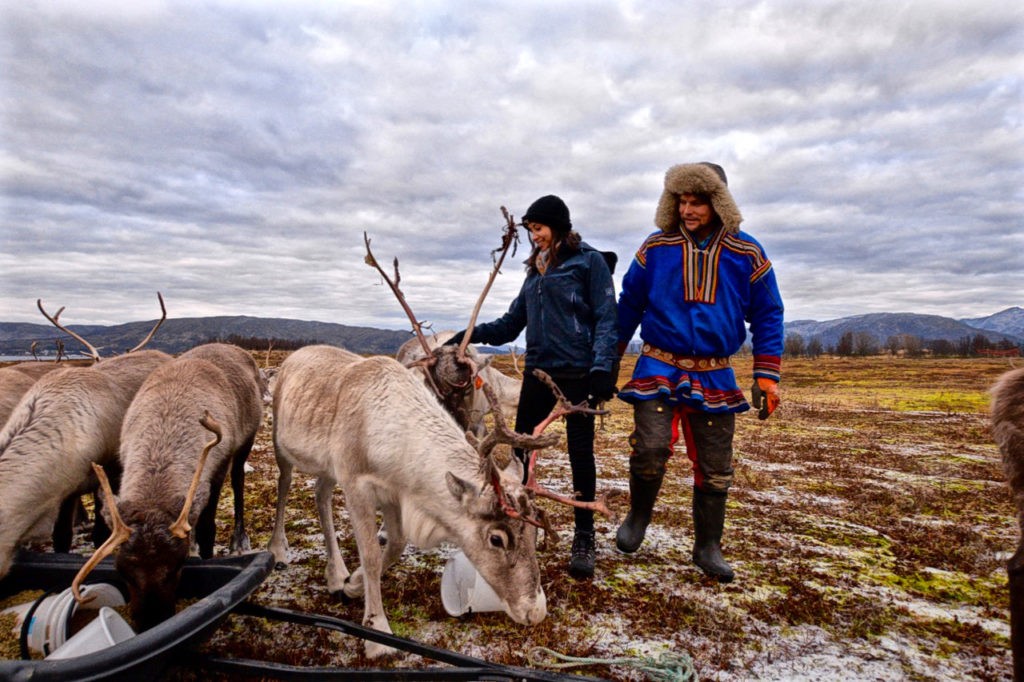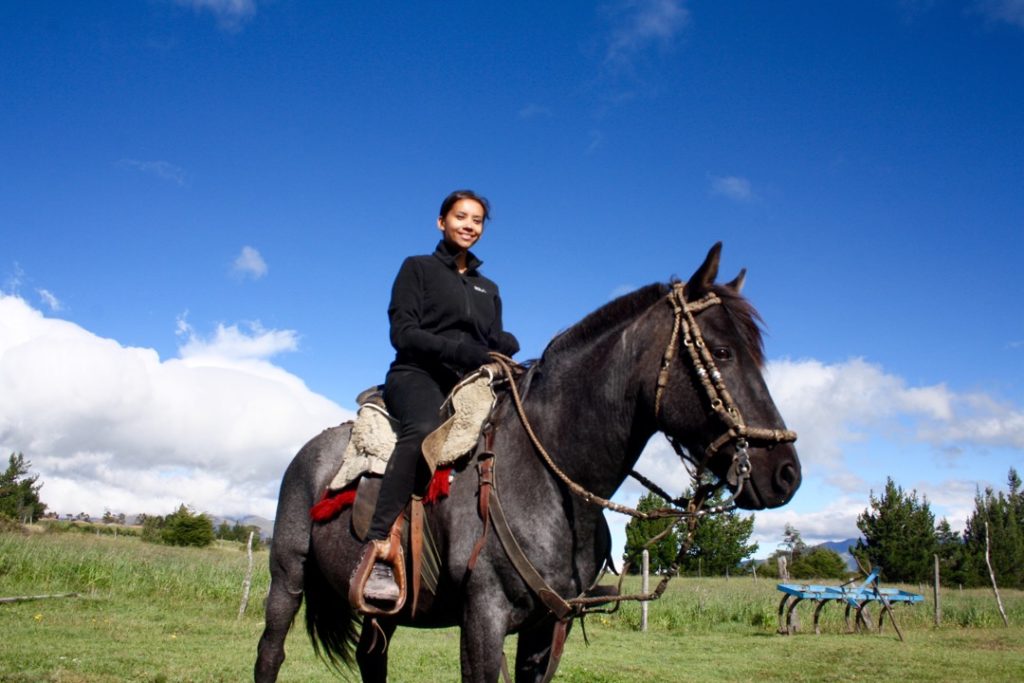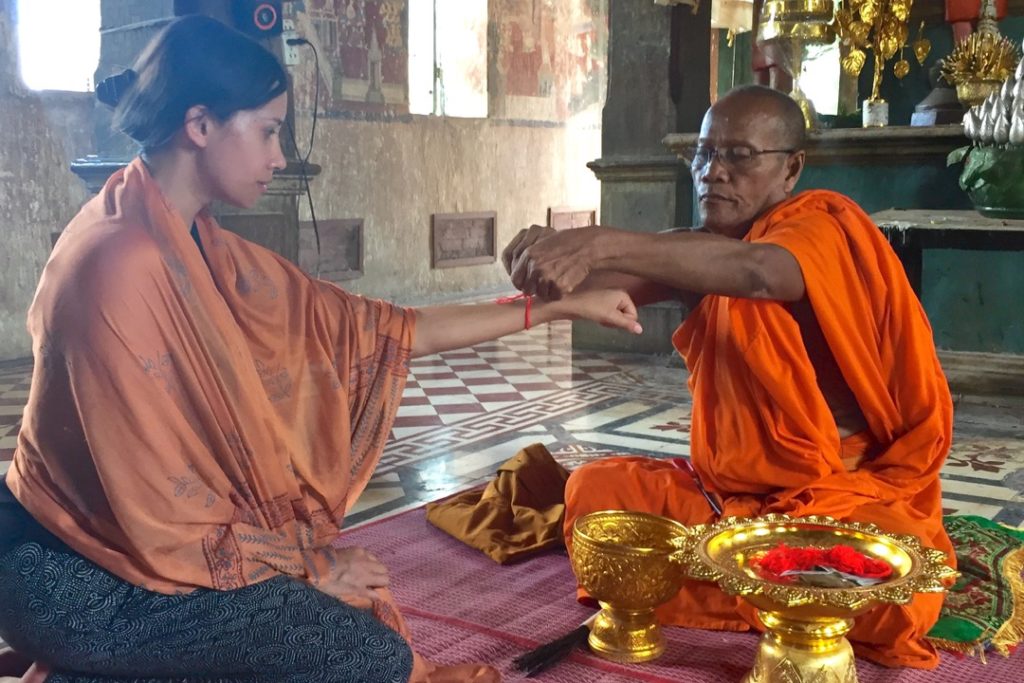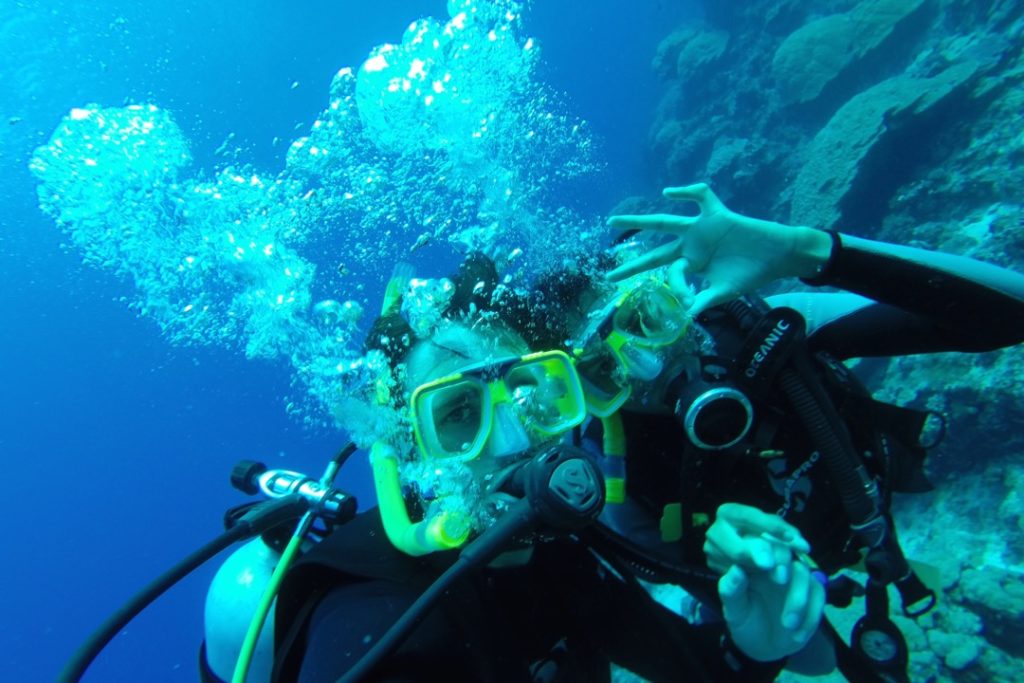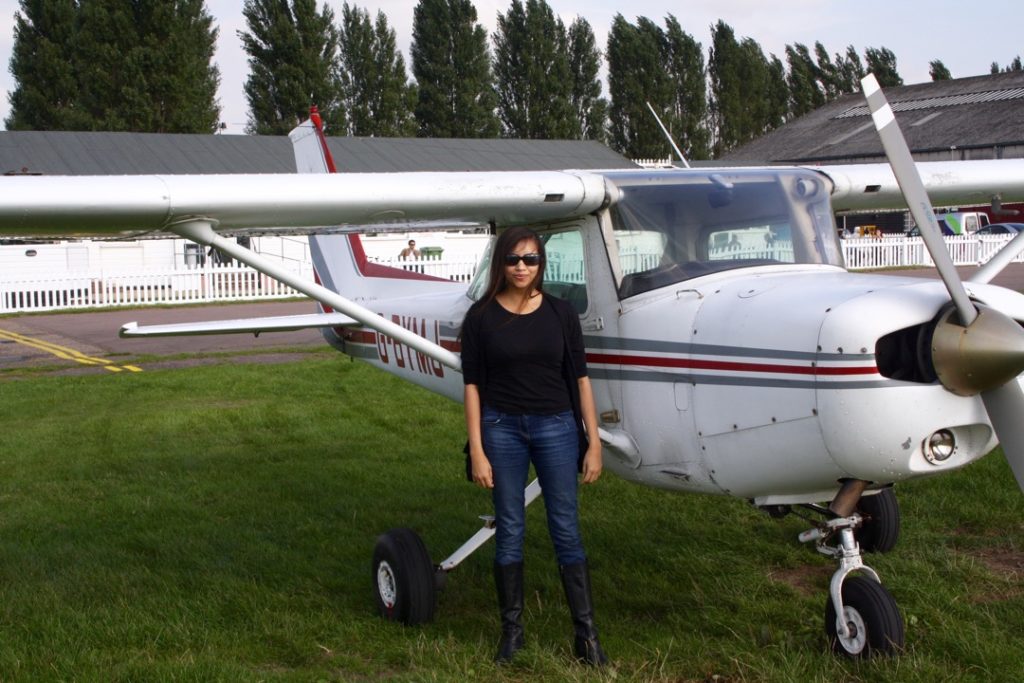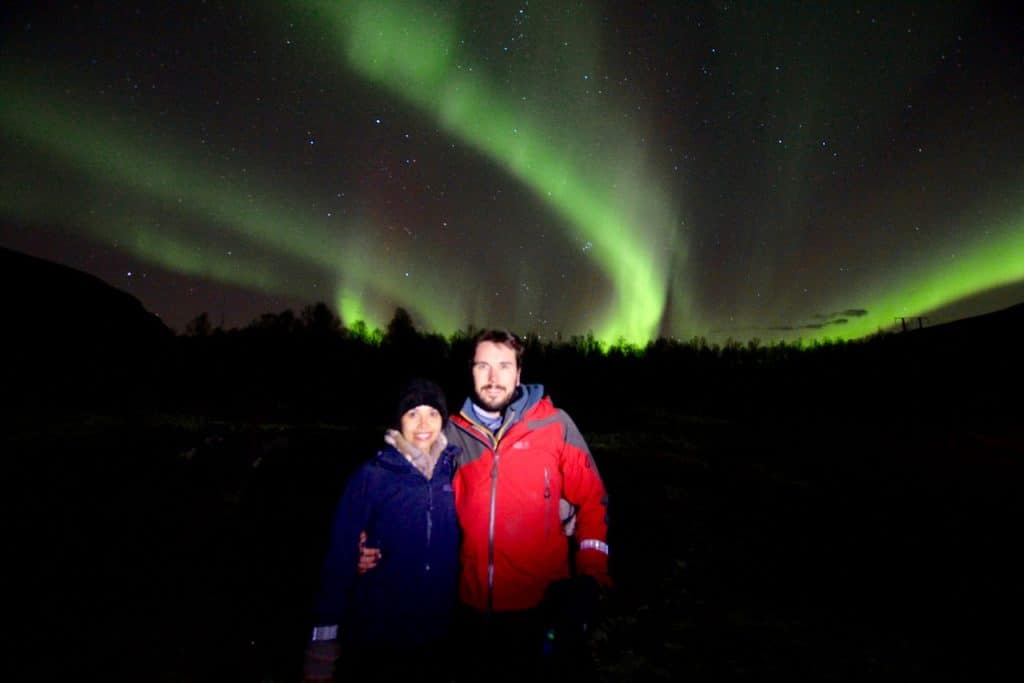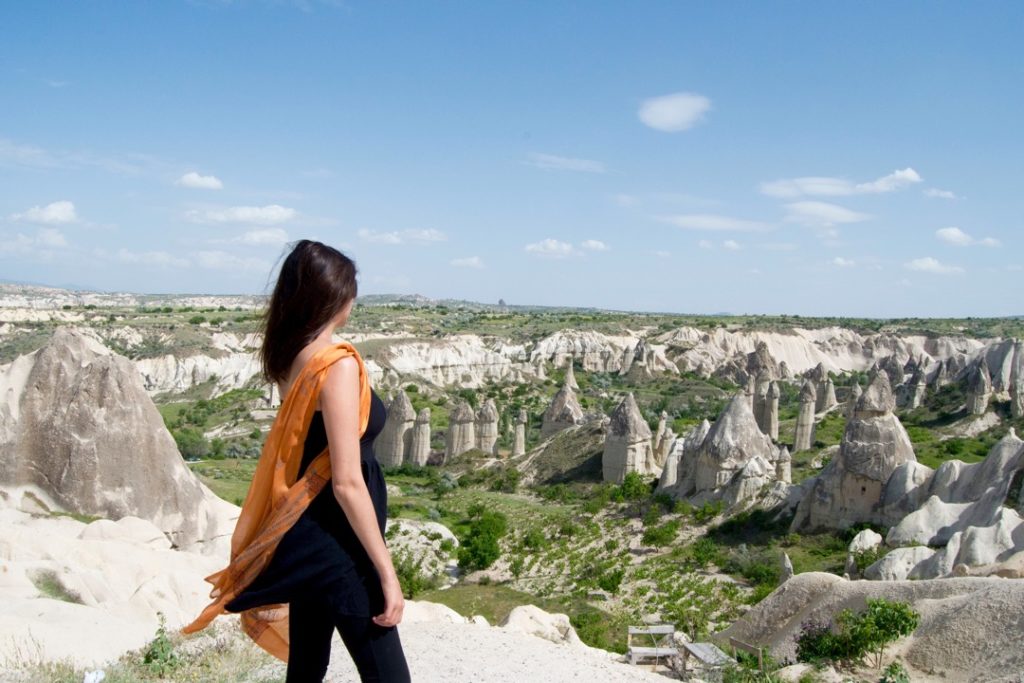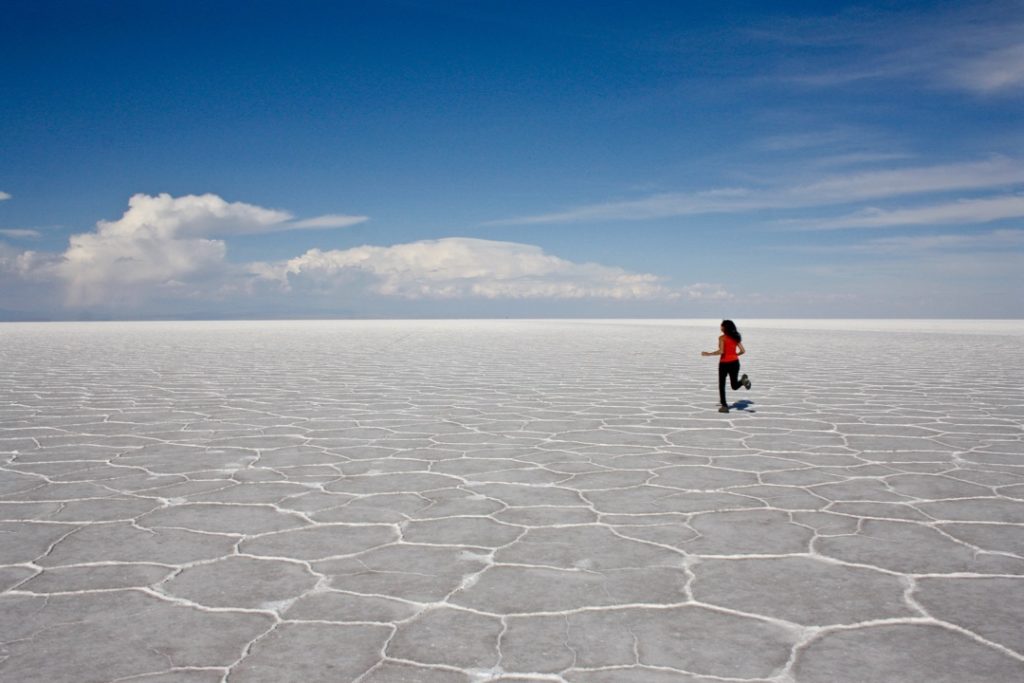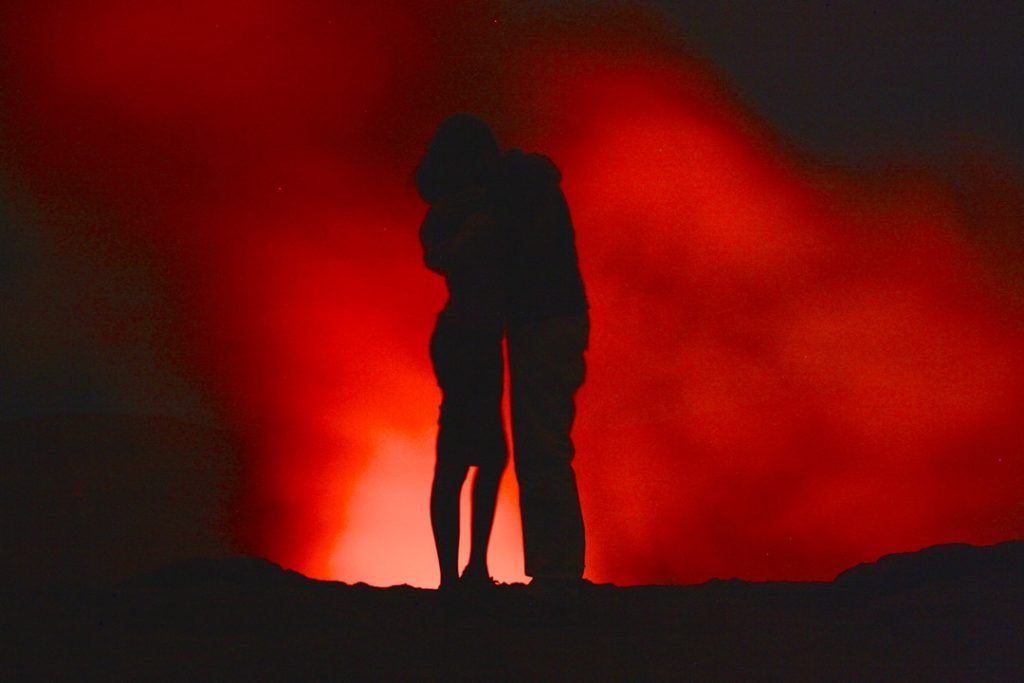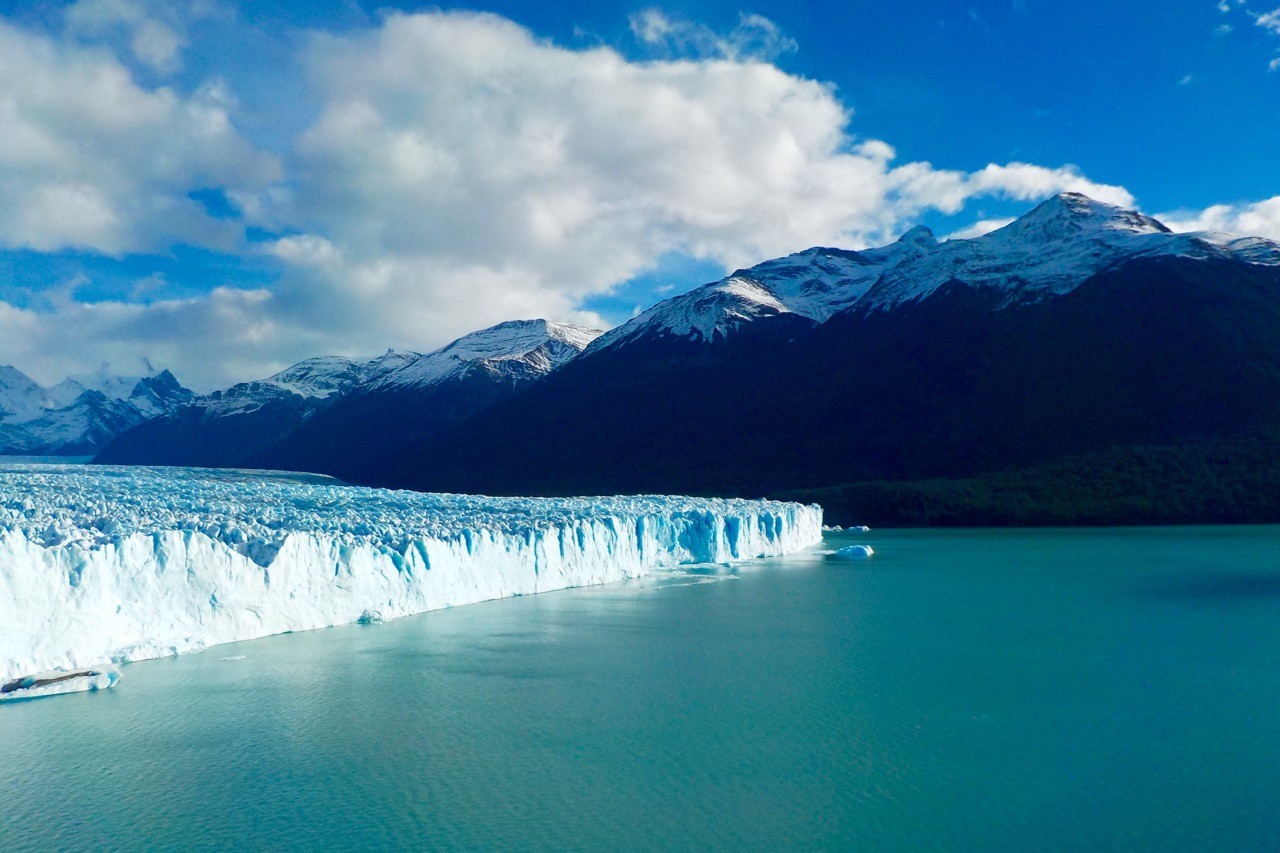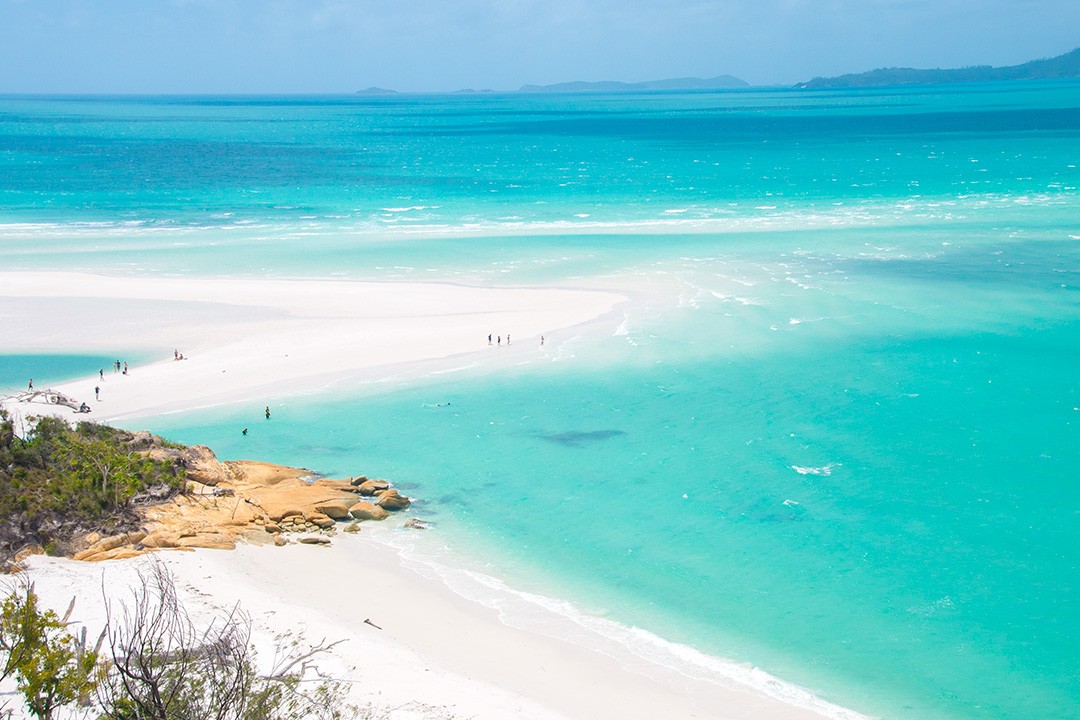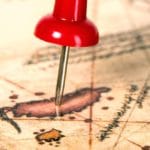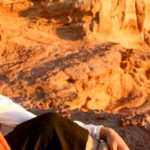Seven years ago, I asked a question on Quora: what qualifies as having travelled the world? It prompted an interesting discussion there and, later, here on our own site. We decided that it wasn’t the number of countries visited or borders crossed that mattered, but the number of Risk map regions you had seen. The logic was that visiting half of the 42 Risk regions would offer a better sampling of the world.
A recent trip through Australia means I have finally visited 21 Risk regions and can officially say that I have travelled the world.
Travel has taught me a great many things and I wanted to take pause and share them here. These aren’t practical tips or travel hacks (those can be found in our book about travel). Nor are they a reflection of life as a blogger (that can be found here and here). Instead, they offer general insights on life, love and beyond.
1. Travelling builds a life well lived
In the past two years, two young members of my family have been diagnosed with cancer. Last year, Peter lost his mother to cancer. The year also marked the 10-year anniversary of my father’s passing. Death and illness have knocked close to our doors, so it’s not lightly I say that if I had a short time left on Earth, I would leave feeling satisfied that I had lived a full life.
Atlas & Boots
It’s family, love and laughter that have made me happiest, but travelling has really made me feel that I’ve lived a full life. Exploring 50 countries means I have seen the northern lights, stood on the crater of an active volcano, heard the crackling of a magnificent glacier, dived in the Galápagos, swum with humpback whales and jumped out of a plane – more than once.
I’ve seen Easter Island and explored numerous world wonders, among them Petra, Machu Picchu, the Colosseum, Chichen Itza and Christ the Redeemer. I really do feel that I have a life well lived and that’s mainly because of travel.
2. Most people don’t care about the environment
The world is not getting better and most people don’t care. Hotels urge us to reuse towels for the sake of the environment, but then put shampoo and conditioner in single-use plastic containers meaning that most people use two bottles a day.
Single-use plastic straws, takeaway coffee cups, tiny packets of butter and knives and forks are absolutely everywhere – and most of us use them without thought or care. Sometimes, we’ll use a plastic item for mere seconds before discarding it with little thought of the fact that it may take 400 years to decompose.
3. Confidence is like a muscle
When Peter and I embarked on our first big trip, he did most of the logistical wrangling: he would buy tickets at train stations, ask about schedules, book tables at restaurants and so on. He was generally more direct and less reserved.
Fast forward six months and we arrived in South America where I took the reins because I could speak elementary Spanish and he could not. For five months of travel through the continent, I was the one making calls, asking questions and booking rooms.
Doing all this in my third language strengthened my confidence immensely. I didn’t even realise how much until we visited Turkey a year later and Peter commented that I was far more direct. It made me realise that confidence is like a muscle: the more it’s exercised, the stronger it becomes.
4. If in doubt, spend the money
When it comes to experiences, I’ve learnt that I should just go ahead and spend the money. In Patagonia, we forwent a trekking trip on Perito Moreno Glacier because it was $100 USD per person. Years later, I regret not doing the trek. Had I spent the money, I wouldn’t be thinking about that $100 USD at all.
I have the privilege of living in a developed country and, in reality, $100 USD isn’t very much to me – one or perhaps two dinners out in London. Does that compare to trekking Perito Moreno Glacier? Not for a minute.
Now, if I’m in doubt, I spend the money.
5. People are a product of their environment
Lists like this often claim that ‘people are inherently kind’ or ‘people are inherently the same’. I’m not sure this is true. I believe that people are a product of their environment, which means that some people are kind and some are not.
I would like to believe in a universal good that binds us all together, but I don’t think this is true. Perhaps if each of us were raised in a vacuum, we would have equally pure moral values and impulses, but we are not and I don’t believe we do.
6. Older people are often more interesting
Most people have a tendency to gravitate to those of a similar age. This is logical when you’re under, say, 28, but in later years you’ll likely find that people older than you are more interesting than those younger.
I would rather converse with a 45 year old than a 25 year old. In my experience, those a decade older have a wealth of interesting insights and quirky tales, certainly more than those a decade younger.
7. You’re not too old to learn new tricks
I learnt to ride a bicycle at the age of 28, approximately 21 years after most of my friends. I learnt to ride a horse at the age of 30 and I learnt to dive at the age of 31. I have sustained more than a few injuries from these newly-adopted activities, but I have improved in skill over the years and have always had fun. Travel has taught me that I’m not too old to learn new tricks and in all likelihood neither are you.
Kia biked Burma despite learning to ride at the age of 28
8. Comparison is the thief of joy
Theodore Roosevelt once said that “comparison is the thief of joy”. Travel has taught me that this is true – at least for me. Sometimes, I look at my friends in London with their careers, big homes and multiple cars, and I wonder if I’m doing the right thing in travelling instead of working in an office and trying to trade my one-bedroom London flat for something bigger in the suburbs.
It’s when I catch up with these friends and they tell me how much they hate their jobs and how they wish they could do what I do that Roosevelt’s quote rings most true.
9. Phones are killing our manners
I have a hard rule against using phones at the dinner table. I will not tolerate Peter using his phone while we eat and I always return the courtesy. Too many times I have seen couples (in places like Mauritius, Fiji and Tahiti no less) staring into their phones at the dinner table instead of talking to each other or enjoying their surroundings.
Much is made of the fact that we had other ways of ignoring each other before phones became popular (books, newspapers and so on), but nothing feels as intrusive or pervasive as smartphone usage. I genuinely feel that something is being lost because of this collective addiction.
10. There really is no place like home
In 2014, when Peter and I departed for our first big trip, part of our motivation was to find a new place to call home. We were tired of London and tired of Britain’s bad weather. We wanted somewhere warm, preferably near a beach and walking distance to a good Indian restaurant.
We’ve since learnt that nothing compares to home. Nothing can replace the ease and understanding you feel among your countrymen and your shared culture and humour.
Family plays a big part too. Last year, I wrote about the joy of spending time with family – something I’m sure will never change. After visiting 50 countries including Ushuaia, “the end of the world”, and the Antipodes, I’ve learnt that there really is no place like home.
Our lessons learned are read by 150,000 people every month here at Atlas & Boots. We’ve gathered our best tips and advice into a handy guide called Don’t Offer Papaya: 101 Tips for Your First Time Around the World.
